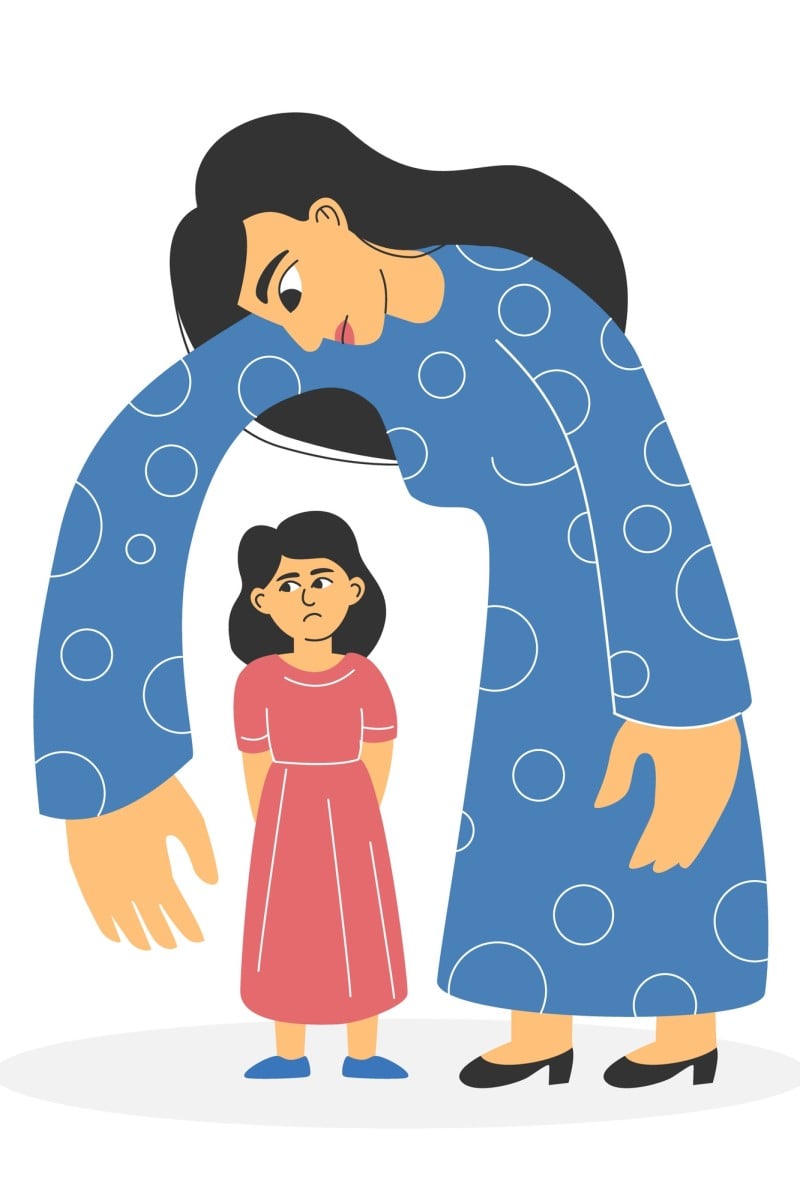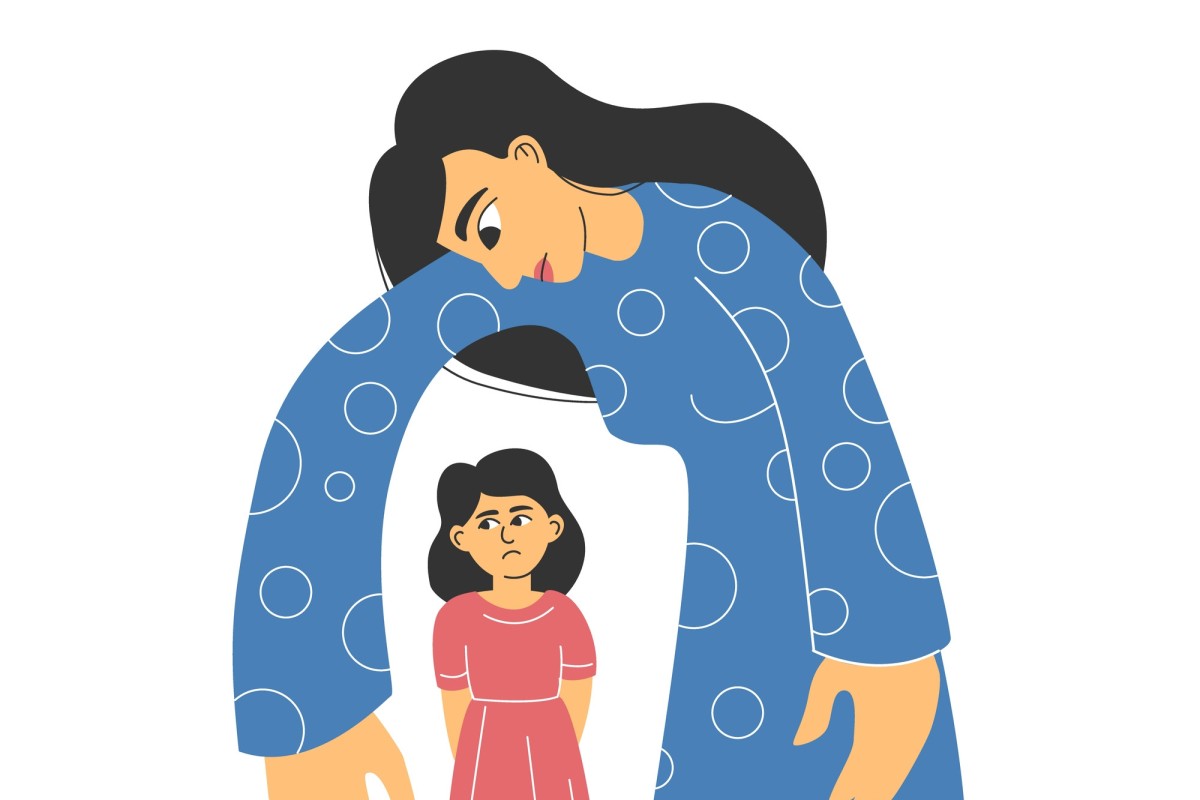
What to do about overprotective parents: psychologist explains where the behaviour comes from, how it affects teens
- Mothers and fathers may want to ward off potential danger for their children, but this parenting style could end up hurting their teenagers’ mental health and social skills
- Every week, Talking Points gives you a worksheet to practise your reading comprehension with questions and exercises about the story we’ve written
 Overbearing parents often believe they are acting out of love without realising the harm it can cause for their children. Photo: Shutterstock
Overbearing parents often believe they are acting out of love without realising the harm it can cause for their children. Photo: ShutterstockYour teen years are about finding independence while navigating the path to young adulthood. But what if you are stuck with parents who micromanage every aspect of your life out of concern for your safety?
Charlotte Wong, a counselling psychologist in Hong Kong, breaks down what these overbearing adults are thinking and shares how to find your way to freedom.
Overprotective parents aren’t only focused on pushing their children towards academic success. Instead, they are often trying to steer their loved ones away from possible danger.
Examples of this are nonstop check-ins when their children are out with friends, setting unreasonably early curfews, only allowing them to hang out with peers they approve of, or even arguing with teachers for not choosing their child for a school play.
Where does this behaviour come from?
In her practice, Wong noticed that many Chinese parents felt responsible for every detail of their teenager’s safety – even though this is a time when they should be learning to take care of themselves.
This is common in Hong Kong. The city’s high-stress society emphasises perfection, so parents often think they need to protect their children from failure. They end up making every decision on their teen’s behalf because they want to predict every potential challenge.
The psychologist added that local tabloids and social media tended to focus on discussing dangerous events – this could further justify parents’ need to vigilantly guard their children.
Help! I’m under a lot of pressure and don’t know why I need to study so much
“Even though these actions seem absurd to a teenager, their parents often do it in the name of love,” she stressed. Wong observed that these children tended to achieve higher grades in school and were less likely to engage in early alcohol use and sexual activity. But overprotective parenting could hurt a child’s social skills and mental health.
“Stunted self-esteem can usually be observed in these teenagers simply because they haven’t had the opportunity to discover their own worthiness through experiencing failures,” Wong said.
They fear making mistakes and lack the motivation to explore beyond their comfort zone. Often, they do not learn enough about making friends and interacting with different people. She added: “These teens may not have much say about their choice of friends to begin with.”
Help! I want to make friends, but I don’t know how to become close to someone
Wong cautioned that overprotective parenting could cause teens to rely too much on other people to care for them. It encourages them to put off their responsibilities because they think they can rely on others to do everything for them as their parents do.
The psychologist reiterated that this way of looking out for loved ones did not match teens’ needs. These youths might also develop depression and anxiety.
“It could backfire the other way, too,” she added. “Some teens might cope with the immense pressure by rebelling, or resorting to using lies and manipulation to get their parents off their back.”
What can you do to be free?
So how can teenagers with overprotective parents take ownership of their lives? According to Wong, this starts with showing them that you can take care of yourself.
Even if you feel resentful towards your parents, it is always a good idea to tell them how you feel instead of acting out or ignoring them. “This means having boundary-setting conversations and being persistent with your message,” Wong said.
She suggested the following steps: state how their actions make you feel; present statistics and objective facts to lessen their anxiety if they are worried about possible dangers of certain events; and remind them of times when you managed difficult situations on your own.
Help! How can I get my parents to trust me and extend my curfew?
“Keep your negotiation at a level that your parents will be comfortable with. The last thing you need is a fallout with them,” the psychologist said.
She gave an example of what you could say: “I know you’re anxious about who I’m going out with. But I’m hurting when you [keep] me from seeing my friends ... You may think my friends are not good enough, and I may get hurt by them, but some risks are worth the rewards ... I’ll get to learn to deal with different sorts of people in reality and make smarter decisions.’”
Such conversations may prompt your mum or dad to be aware of their overprotective behaviours. But if they refuse to budge or listen, it is best to seek help from trusted adults, such as teachers or counsellors.
Click here for a printable worksheet and interactive exercises about this story.
